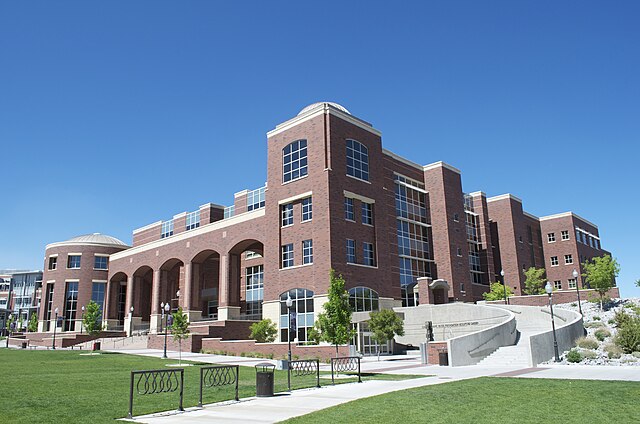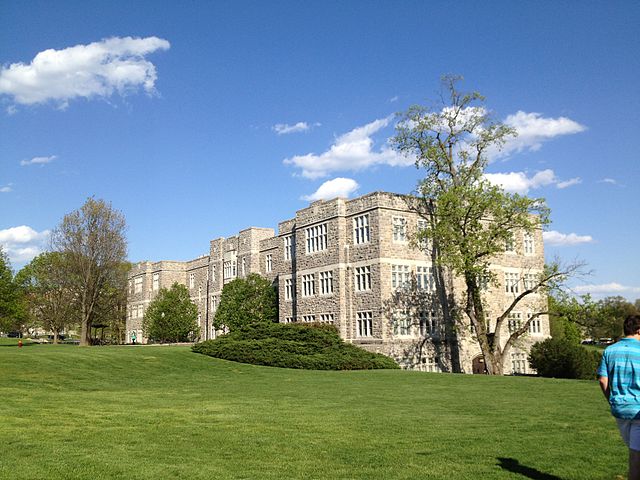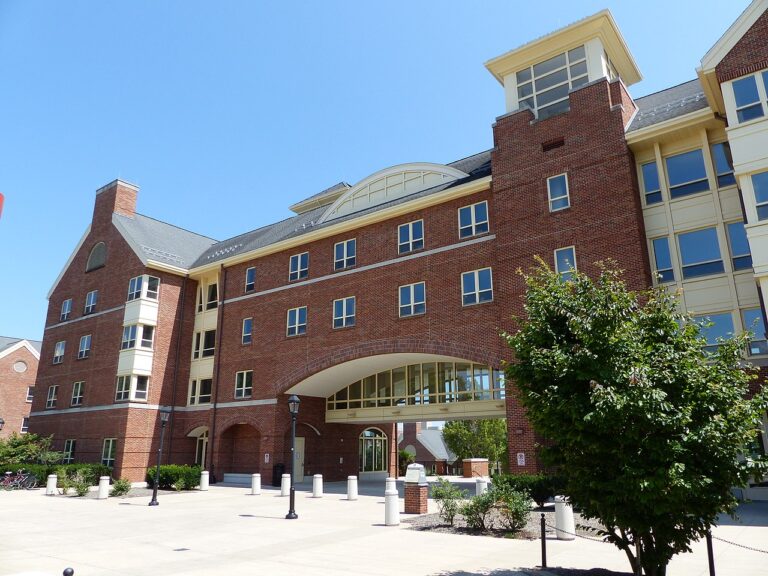A fully funded M.S. degree position is available to work with Hall Cushman (University of Nevada, Reno) and Stephanie Yelenik (Rocky Mountain Research Station, USFS) on a research project to assess the influence of forest-thinning practices on the health and growth of whitebark pine (WBP, Pinus albicaulis), a threatened conifer that inhabits high-elevation ecosystems in the western U.S.
The selected graduate student will join the Cushman-Yelenik group via UNR’s Interdisciplinary Graduate Program in Ecology, Evolution and Conservation Biology (https://www.unr.edu/eecb).
Qualifications. Experience in research, forest ecology, climate change, and statistics using R is desired.
Compensation. $24,000/year plus tuition waiver and health insurance. All research costs will be covered.
Start Date. August 1, 2024.
Applications. To apply for this position, ASAP send a letter of interest and CV to Hall Cushman (jhcushman@unr.edu) and Stephanie Yelenik (stephanie.yelenik@usda.gov). The official deadline for Fall admission to the EECB program has passed, but an exception will be granted for this position.
About UNR. Founded in 1874, the University of Nevada, Reno is a land-grant public institution with ~20,000 students. The university is classified as an R1 institution by Carnegie, in recognition of its “very high research activity.”
About Reno. Reno is located on the western edge of the Great Basin and the eastern slope of Sierra Nevada Mountains. With its elevation ranging from 4,400 to 6,000 feet, the city has a population size of ~270,000 and is home to a diverse cultural and artistic community. Reno offers exceptional access to outdoor activities including skiing, climbing, hiking, and mountain biking. It is located ~45 minutes from Lake Tahoe, 3 hours from Yosemite National Park, and 3.5 hours from San Francisco. Outside Magazine included Reno in its list of 12 Best Places to Live in the U.S. (2019) and 15 Happiest Places to Live in the U.S. (2023).




